
UCLA Voting Rights Project Releases Recommendations for Implementing Vote-by-Mail Program
The UCLA Voting Rights project released a white paper this…
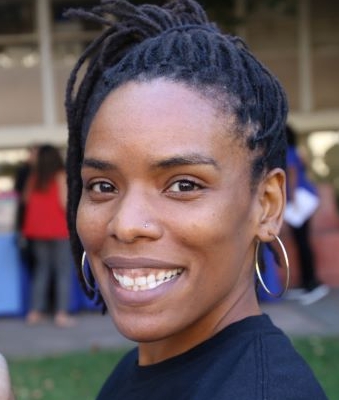
LA Social Science Scholar Profile: The Rise of Jasmin A. Young
Jasmin A. Young is currently a University of California President’s…
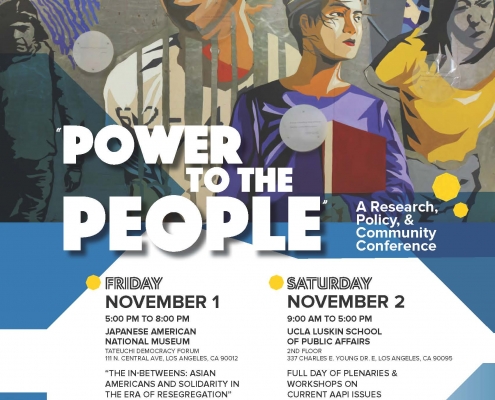
Asian American Studies Conference Commemorates 50th Anniversary at UCLA This Weekend
The UCLA Asian American Studies Department, the UCLA Asian American…

By All MEANS Necessary – New UCLA Report on Hollywood Diversity and Inclusion Practices
September 18, 2019
Diversity initiatives have become their…
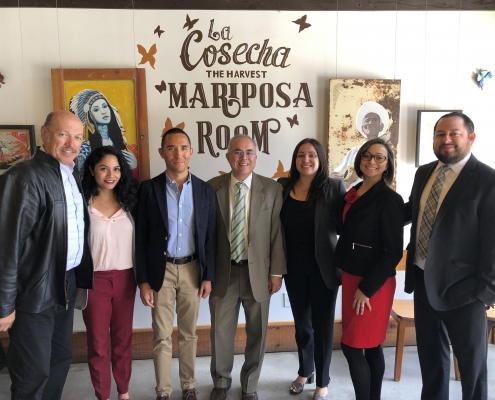
Informing Policy in Real Time: UCLA LPPI in Sacramento
By Celina Avalos and Sonja Diaz On May 20, 2019, the UCLA…
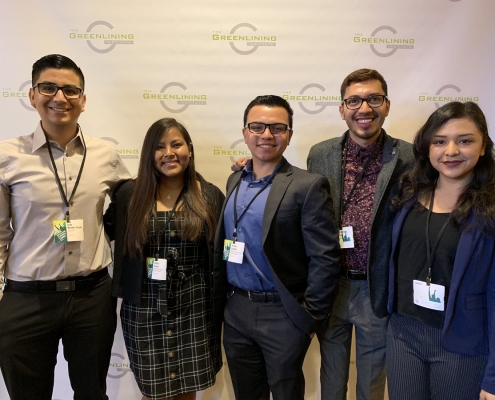
Health, Wealth, & Power: A Student’s Perspective
By Vianney Gomez and Celina Avalos As policy fellows with…
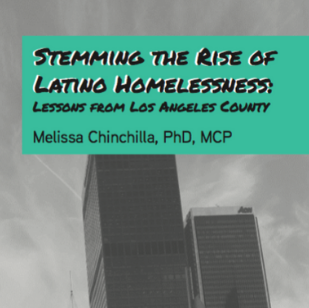
Stemming the Rise of Latino Homelessness: Lessons from Los Angeles County [LPPI Report]
Earlier this year, in collaboration with Dr. Melissa Chinchilla,…
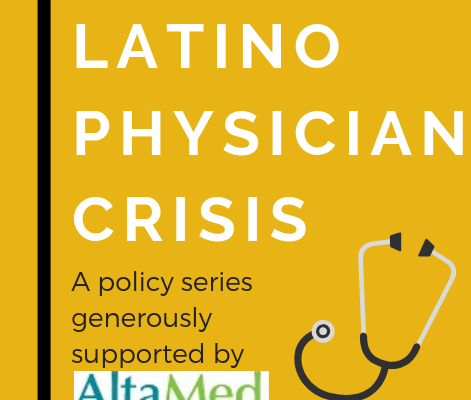
UCLA LPPI Study Identifies Barriers Latino Students Face When Pursuing a Medical Career in California
UCLA Latino Policy and Politics Initiative study finds…

Tip Work: Examining the Relational Dynamics of Tipping beyond the Service Counter
By Eli R. Wilson, Assistant Professor of Sociology, University…
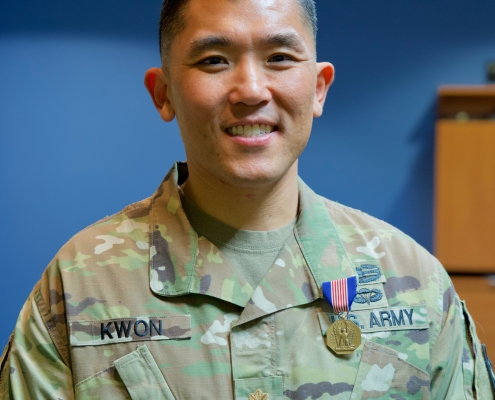
A Ceremony to Honor UCLA Heroes
“…This was a collective effort. You know, this is not…

